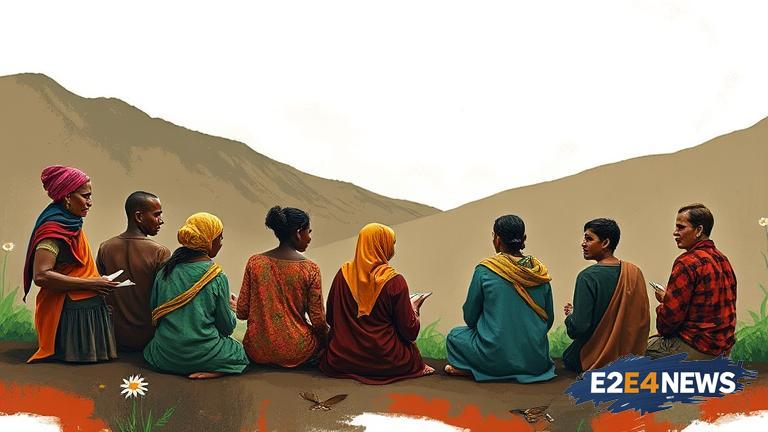The recent conference held in Miri, Malaysia, highlighted the urgent need to preserve indigenous languages, which are an integral part of the cultural heritage of the indigenous communities. The conference brought together experts, researchers, and community leaders to discuss the importance of language preservation and the challenges faced by indigenous languages. It was emphasized that language is a vital component of a community’s identity and culture, and its loss can have severe consequences on the community’s social, cultural, and economic well-being. The conference also discussed the impact of globalization and urbanization on indigenous languages, which has led to a decline in the number of speakers and a loss of cultural heritage. The importance of language documentation and preservation was also stressed, as it is essential to record and document indigenous languages before they become extinct. The conference also highlighted the role of education in language preservation, and the need to incorporate indigenous languages into school curricula. Furthermore, the conference emphasized the importance of community involvement in language preservation efforts, and the need to support and empower indigenous communities to take ownership of their language preservation efforts. The conference also discussed the use of technology, such as language learning apps and online platforms, to promote and preserve indigenous languages. Additionally, the conference highlighted the importance of language planning and policy, and the need for governments to develop and implement policies that support the preservation and promotion of indigenous languages. The conference also emphasized the importance of collaboration and partnership between governments, NGOs, and community organizations to support language preservation efforts. It was also noted that language preservation is not only important for indigenous communities but also for the country as a whole, as it can contribute to the rich cultural diversity and heritage of the nation. The conference concluded with a call to action, urging governments, NGOs, and community organizations to work together to preserve and promote indigenous languages. The preservation of indigenous languages is a matter of urgency, and it requires immediate attention and action. The loss of an indigenous language can have severe consequences, including the loss of cultural heritage, traditional knowledge, and community identity. Moreover, language preservation is essential for the cultural and economic development of indigenous communities. The conference also highlighted the importance of recognizing and respecting the rights of indigenous peoples to their languages and cultures. The preservation of indigenous languages is also important for the promotion of cultural diversity and heritage, and it can contribute to the development of a more inclusive and equitable society. The conference emphasized that language preservation is a collective responsibility, and it requires the involvement and commitment of all stakeholders, including governments, NGOs, community organizations, and individuals. The preservation of indigenous languages is a complex and challenging task, but it is essential for the protection and promotion of the cultural heritage and identity of indigenous communities. The conference also discussed the importance of language preservation in the context of sustainable development, and the need to integrate language preservation into sustainable development goals and policies. The preservation of indigenous languages is also important for the promotion of human rights, including the right to language and culture. The conference concluded that the preservation of indigenous languages is a matter of urgency, and it requires immediate attention and action from all stakeholders. The conference also emphasized the importance of supporting and empowering indigenous communities to take ownership of their language preservation efforts, and the need to recognize and respect their rights to their languages and cultures.
